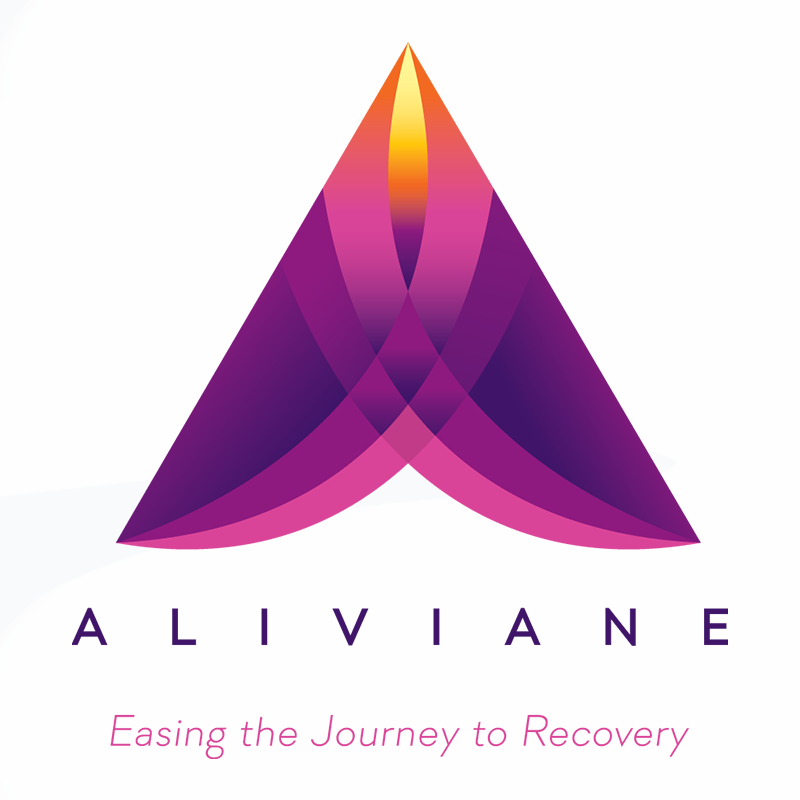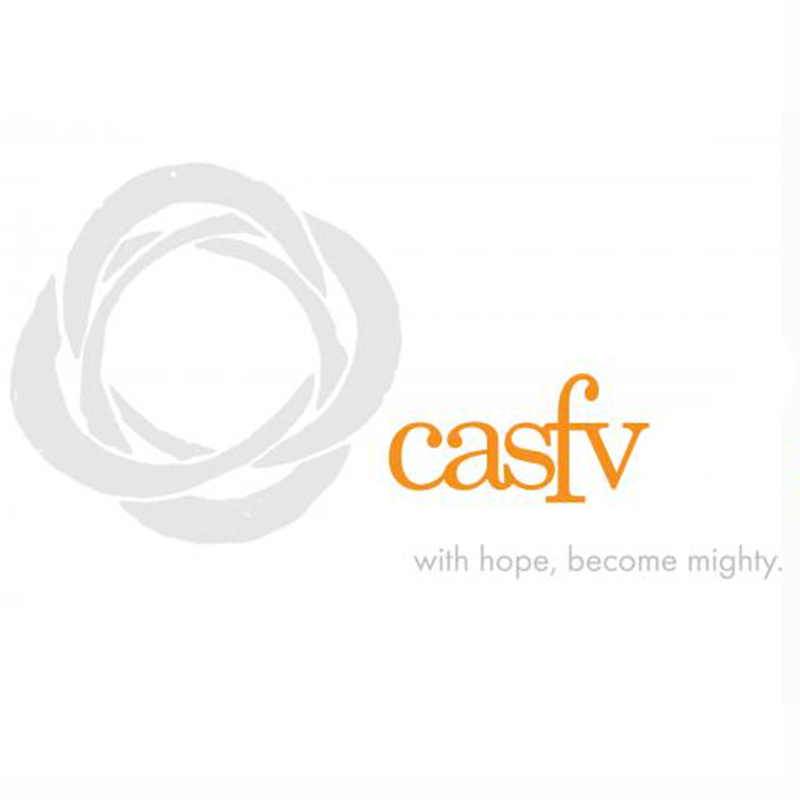Community Engagement Courses
非凡资源网 Community-Engaged Courses
Community-Engaged Courses (CECs), also known as service-learning courses, offer students the opportunity to implement their classroom knowledge to real-world issues in their community. These courses combine academic instruction with hands-on service, allowing students to partner with local nonprofit organizations, schools, and social service groups to support meaningful projects that address local needs.
Through community engagement, students not only enhance their understanding of course content—they also develop a deeper awareness of the complex social, economic, and cultural challenges facing our region. Reflection is a key component of the CEC experience, helping students make connections between their service, their learning, and their personal and professional growth.
Examples of Past Student Projects
Students in community-engaged courses have worked on a wide range of impactful initiatives, including:
- Supporting after-school tutoring and literacy programs at local elementary schools
- Conducting community health outreach and education with local clinics
- Creating bilingual resource guides for immigrant families
- Assisting with urban gardening and sustainability efforts
- Gathering data and community feedback for neighborhood development plans
- Volunteering with food pantries, housing programs, and mental health services
These experiences allow students to see firsthand how academic concepts connect to real community needs.
What Students Are Saying
"This course gave me a whole new perspective—not only did I learn the theory, I saw how it works in the real world. It pushed me to think deeper and gave me the confidence to lead."
—Jessica R., Public Health Major"I didn’t realize how much I would grow personally from this class. It wasn’t just about volunteering—it made me more aware, more empathetic, and more connected to El Paso."
—Carlos M., Sociology Student
Benefits of Community-Engaged Learning:
- Gain a deeper understanding of course material through real-world application
- Strengthen your connection to the community
- Develop leadership skills and greater self-awareness
- Explore the complexity of social and systemic issues
- Enhance your college experience and expand your professional network
- Turn academic knowledge into action by solving real problems
Community Engagement Course Roles
The CUE: Your Hub for Community Engagement
The CUE (Commun ity, University, and Engagement ) platform is UTEP’s official online software designed to connec t students , faculty, staff, alumni, and community partners through meaningful service and engagement opportunities. Hosted on Givepulse , The CUE is a user-friendly platform where you can find volunteer events, track your impact, and get involved in causes you care about—both on campus and throughout the Paso del Norte region.
Through The CUE, you can:
- Track your community engagement—what we refer to as your impact
- Discover service opportunities that align with your coursework
- Communicate directly with community partners
- Receive updates and announcements in your course shell
- Have hours verified by community partners or CCE student interns
- Message course administrators for support and guidance
- And best of all, everything is seamlessly synced to your UTEP student email account
Whether you’re completing a course requirement, exploring your passions, or gaining hands-on experience, The CUE is your one-stop resource for making a difference while being successful in class .

Make a Difference Through Community Engagement in your Course
At UTEP, you have the chance to make a real impact beyond the classroom. Through partnerships with local nonprofits and agencies—our Community Partners —students like you get involved in meaningful, hands-on experiences that support the El Paso community and enrich your academic journey.
Some community engagement courses at UTEP are directly partnered with specific nonprofit organizations, while others allow you to explore a broader range of service opportunities. To find out what’s available, review your course objectives and visit The CUE. This website features a wide variety of approved service options, including ongoing volunteer roles, one-time events, and project-based work with local partners.
By participating, you might:
- Help distribute food and supplies to families in need
- Speak up for individuals who may not have a voice
- Support prevention, recovery, and wellness programs
- Assist with access to healthcare and emergency shelter
- And contribute to many other causes that matter
This two-way partnership benefits everyone: students gain valuable real-world experience and develop leadership and teamwork skills, while community organizations get the extra hands and support, they need o fulfill their missions.
Who are our Community Partners?
Our community partners comprised mostly of nonprofit organizations and social service agencies that work to support specific social causes—everything from education and health to justice and the environment. Instead of focusing on profit, they focus on people.
El Paso is home to over 1,000 nonprofit organizations, and many are always looking for students eager to make a difference. Whether it’s one event or a semester-long project, your time and energy can go a long way in helping others—and help you grow, too.
Below you will find active partners many students connect with:
To review other community partners and service opportunities visit The CUE, .
Documents
Training:
Tips and Guidelines:
Semester Timeline
As you begin your service below you will find a suggested semester timeline for you to use during your community engagement project. We are happy to guide you during this process, for questions or support, email cce@utep.edu
- Review service opportunities that your professor will share with you
- The Center for Community Engagement (CCE) will provide information, review documents and The CUE
- Create your account on The CUE
- Review service opportunities and register for one
- Register for a virtual or in-person training course
- Attend a training hosted by the CCE and complete all required documents and tasks to begin your service
- Contact your service agency/partner to introduce yourself
- Schedule your first visit to your agency/site
- Begin your service/engagement project
- Continue your service
- Add impacts and hours to The Cue
- Provide reflections and updates to your professor
- Provide updates to The CCE through reflections
- Complete all hours at your site before dead day
- Participate in a reflection session hosted by the CCE
- Complete end-of-semester program assessment
- Submit all hours and impacts by Monday of finals week
Step 1: Access Opportunities
- Log into the CUE ( ) with your UTEP credentials. If you need help navigating the platform,
- Once you’re logged in, you will be able to see the sites where you can volunteer. If your professor has pre-selected volunteer opportunities and/or organizations, follow the steps listed at the CUE Account tab located above. If not, review all your options carefully. Read about their mission, schedule, and activities. Ensure you choose an organization that aligns with your interests and career objectives. There are many options!
Step 2: Contact Site Coordinator
Please contact the person listed on the site information card. You can set up an appointment to discuss the following topics:
- Semester volunteer schedule. Does their schedule align with your classes and off-school activities?
- Site requirements and procedures (Background Check; Application Process; Orientation/Training; etc.)
- Define goals, expectations, and learning opportunities.
To Get Credit
Throughout the semester, you will be responsible for TWO things:
1. Timesheet (Tracking impacts on the CUE & paper):
Follow these steps to do so:
- Log in to The CUE ( ) using UTEP credentials
- Click on “My Activity” on the top right corner where your profile is.
- Select ‘Classes’
- Select the course you need to track the hours for (Example: ESOL 1611)
- Click on the green button on top of the admis of the class labeled ‘add impact’:
- Answer the questions about your experience. Please make sure your answers are insightful and descriptive of your experience.
- You must add the required information, such as clear pictures of timesheets (make sure it has your name, date, and your supervisor’s signature), the name of the agency to volunteer with, etc…
- Select a verifier from the organization or CCE, enter the dates you visited, and fill in the total hours.
- Scroll down and complete the intake questions to help the CCE review your impact. It is important for us to read about your experience and opinions.
- Congratulations! You have successfully added an impact!
2. Reflection Sheet (Electronic per visit) :
REMEMBER:
- REMEMBER the deadline to turn in your complete timesheet is the end date of your course on The CUE
- REMEMBER to record your impacts on your timesheet and The CUE
- REMEMBER to verify with the UTEP Center for Community Engagement (CCE) to make sure everything is complete and recorded. You can contact us on The Cue or email us at: cce@utep.edu
- REMEMBER, the CCE will submit a report to your professor confirming that you have completed your hours the following week.
Before you serve:
Get oriented:
Before the course starts, it is necessary that you understand the expectations and instructions to make sure you plan ahead and meet the deadlines. Review all requirements, including timesheets, release identification forms, contracts, and assignments.
Make contact:
Make sure you understand the community's needs.
- Locate contact Information on CUE .
- Contact the administrator as soon as possible!
- Introduce yourself: Say your name, your course, and explain that you want to volunteer.
- Ask about their in-site policies: Clarify expectations about schedules, responsibilities, and learning opportunities.
- Discuss availability.
- Be persistent, but polite: If you don’t get an answer right away, leave a voice mail.
- Contact CCE if no response. We are here to support!
During your first visit:
- Ask if you need to receive an orientation. Some sites prepare their volunteers through an orientation to guarantee a better experience.
- Request a tour of the site (if available).
- Ask to be assigned specific, appropriate, and meaningful tasks that nurture your learning and help you gain skills.
During service:
- Be open-minded about different experiences, perspectives, and ways of working. Be respectful and willing to learn.
- Step outside your comfort zone.
- Most importantly, enjoy contributing to our community and HAVE FUN!
Responsibilities and Commitment:
-
- Remember you are representing UTEP. You must behave professionally, kindly, and respectfully. Have integrity.
- Be punctual.
- If you can’t attend, notify your supervisor in advance.
- Avoid gossip or other inappropriate conversations.
- Use appropriate and professional language.
- Follow through with commitments (time, tasks, etc.).
- Dress appropriately. Consider the work and tasks you will be doing and where you’ll perform them.
Do’s
- Do inquire about site policies. And follow the guidelines.
- Do ask for help from your supervisor when in doubt.
- Do show respect.
- Do avoid the responsibility of handling money.
- Do contact the CCE if you need help (cce@utep.edu).
Don’ts
- Don’t give (or loan) money under any circumstance.
- Don’t share personal information.
- Don’t make promises you can’t keep.
- Don’t tolerate verbal exchange or behavior that might be perceived as discriminating or harmful to others.
Academic Based Community Engagement Tips & Guidelines:
Get the MOST out of your Academic Based Community Engagement experience this semester!
Maintain a friendly and upbeat attitude |
|
Plan on arriving at least 5-10 minutes early to your site |
|
Select a program that appeals to your needs and interest |
|
Please keep your UTEP ID on you at all times |
|
Maintain a professional demeanor, and dress appropriately |
|
Treat patrons with respect and dignity |
|
Never pass up an opportunity to learn from this experience |
|
Do not overcommit to more service time than you can handle! |
|
Q1. Why is this training important?
A: Good experience, sets expectations, anticipates challenges, and understands the impact
Q2. 非凡资源网 how many nonprofits are registered in El Paso?
A: 1,000
Q3. Working on a community project can help you...
A: Learning about a community issue, Find out what kind of solutions exist to an existing problem, you the student gets to work with a team
Q4. Community Engagement is NOT?
A: Regular volunteerism. Academic Based Community Engagement is a dual learning process, where what you learn in the organization is applied to your class and vice versa.
Q5. Your Academic Based Community Engagement experience begins when?
A: Depending on what your attending site requires (background check, site training, or extra site paperwork), Once all required training's and background checks are completed you may start your Academic Based Community Engagement experience.
Q6. When will you complete training?
A: Depends on which Academic Based Community Engagement opportunity you registered for. Some organizations may ask you to attend an extra training that is required in order for the student to start.
Q7. Why is it important to review site requirements?
A: Students need to account for potential extra steps, and eligibility requirements
Q8. How will I know if I need a background check?
A: Site summaries explain this. It is likely if I am working with children or public agency
Background checks are required for certain agencies, mostly if you are working with children or a public agency. There is no fee charge for the student to have a background check, it will be taken care of by the university.
Q9. Good form of Academic Based Community Engagement might be?
A: To arrive early and on time to site, to demonstrate a helpful and open disposition, to identify additional ways to help and assist, to communicate with supervisor if there is a schedule change
Q10. What are added benefits of Academic Based Community Engagement?
A: Something to add to the resume, Gain hands-on experience, helping to define what you like/not like in your profession
Q11. A bad form of Academic Based Community Engagement might be?
A: Not attending site without notice, Switching site options if you don't like the first one, tell the site "I am only doing this because I HAVE TO"
Q12. What should you do if you are not happy at your site?
Q13. Can I do Academic Based Community Engagement with my community church?
A: This answer varies depending on your professor. Please speak with your professor, if he/she allows it, then email the CCE office (ccesl@utep.edu) with your information letting us know that your professor allowed you to complete the hours at your community church (Please copy your professor on the email).
Q14. What if I encounter problems while doing Academic Based Community Engagement in the organization?
A: If you encounter any problems or are concerned about something that you would like to communicate with us, please request a meeting with our Community Engagement coordinator by calling our office at 747-7969 or by e-mail at ccesl@utep.edu. We will gladly help with any issue in order for you to be able to complete your Community Engagement hours.
Q15. Are there any Academic Based Community Engagement opportunities during the weekends or after 5pm weekdays?
A: We have worked with organizations that allow students to do their Community Engagement hours during the weekends. Please ask the agency manager for your Community Engagement opportunity if they have flexible hours.
Q16. When is the last day to complete Academic Based Community Engagement hours?
A: The last day to turn in your Academic Based Community Engagement hours log sheet will be different for each course. You may find the date by logging onto the CUE and navigating to your Academic Based Community Engagement course or on your course syllabus
Q17. Can I still do Academic Based Community Engagement even if it is not required for a course?
A: Yes, however, it is not known as Community Engagement but instead, as a volunteer opportunity. The CUE has several volunteer opportunities listed from organizations that have a need for UTEP students to assist them.
Q18. Can I continue to do Academic Based Community Engagement after I complete the my course required hours?
A: Yes, even though it is not required, we highly encourage students to continue doing Academic Based Community Engagement with the same organization after the required hours of the semester are completed.If you would like to continue tracking your hours then please visit our office and we will set-up a volunteer opportunity for you on the CUE.
Q19. How do I receive the certificate of achievement at the end of the semester?
A: You may come by our office to pick up your certificate of achievement.
Q20. When will my professor be notified that I completed Academic Based Community Engagement hours for course credit?
A: Your professor has access to the CUE and may see your Academic Based Community Engagement hours at any time. However, we will notify your professor that you completed Academic Based Community Engagement hours one week after the paperwork deadline.
Q21. How can I retrieve my CCE Academic Based Community Engagement hours?
A: We are only using the CUE to track Academic Based Community Engagement hours. You may download your volunteer resume on the CUE for a list of all your Academic Based Community Engagement hours.
Q22. I missed all the scheduled CCE program training's. What can I do?
A: If you have missed all the training's offered for the programs your professor selected, you may ask your professor for an alternative program or you can contact any of our staff members by calling the CCE office and request a one-on-one training.
Q23. Can I do Academic Based Community Engagement in more than one program to complete my requirements?
A: In order to get full credit, you must register, attend the training, and complete your professor’s Academic Based Community Engagement requirements in one program. In other words, you may not mix and match programs to complete your hours.
Q24. What happens when I am done with all my Academic Based Community Engagement hours?
A: Once you have completed all of the hours that are required by your professor, you may want to double check with the CCE staff to make sure that all of your required hours have been recorded properly. Once you have done this, the CCE will give your professor a report at the end of the semester that states that you have completed all of the hours that were required.
Q25. Do I need to sign up for training even though I completed Academic Based Community Engagement hours last semester?
A: If you did not change the program but decided to change the organization you do not have to receive training. If you did however change the program, you are required to be trained on the new program of your choice.
Q26. How many hours of Academic Based Community Engagement do I have to complete in order to receive course credit?
A: This answer depends on the professor that is offering you Academic Based Community Engagement. For almost all of the professors, the requirement is 20 hours including on-site training. If you have any doubts, please check with your professor for clarification.











